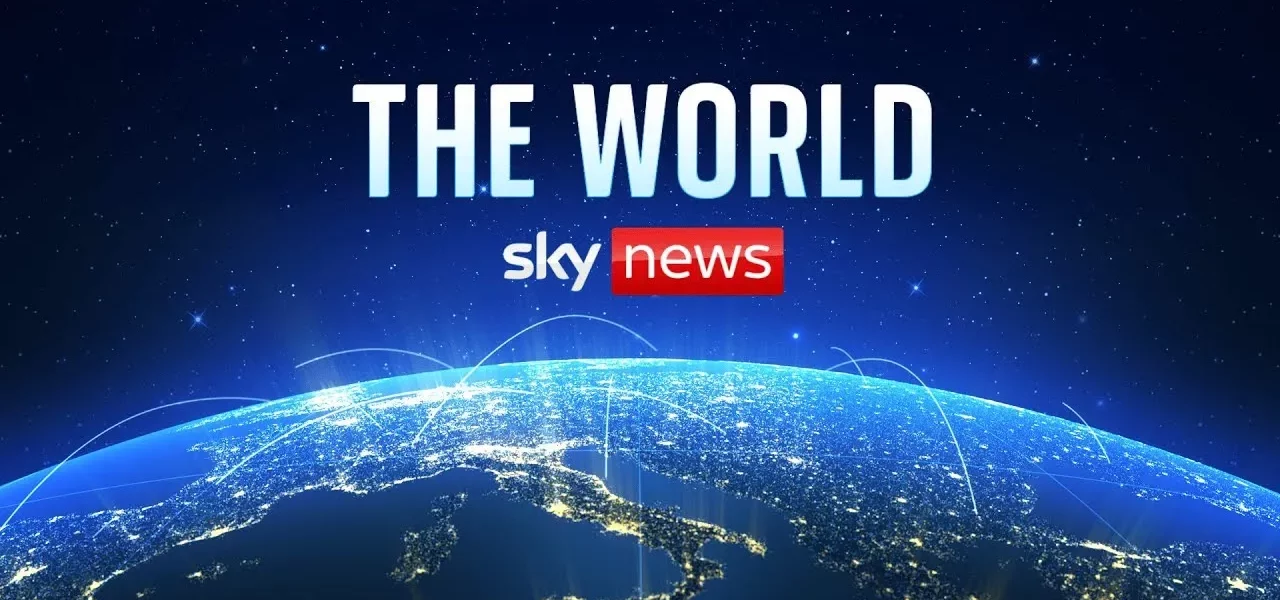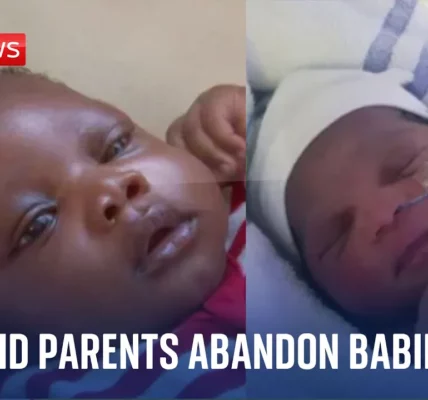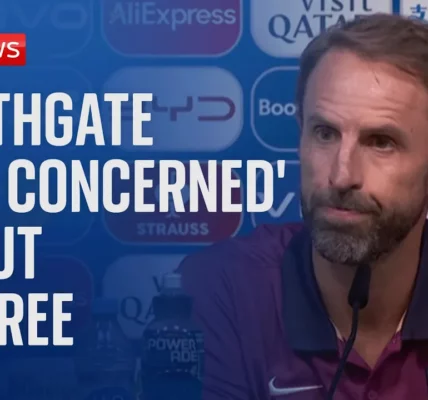One Year After the October 7 Attacks: A Reflection on Ongoing Conflict and Humanitarian Crisis

This article delves into the somber commemorations marking the anniversary of the October 7 attacks in Israel, examining the implications of the ongoing conflict in Gaza and Lebanon, and the profound humanitarian crisis affecting millions in the region.
Introduction
The anniversary of the October 7 attacks serves as a stark reminder of the violence that has permeated the lives of those affected in Israel, Gaza, and Lebanon. A year ago, the world witnessed the tragic events that unfolded, leading to loss of life, displacement, and an enduring conflict that has reshaped the geopolitical landscape of the Middle East. This year, commemorations were marked by grief, anger, and the pressing realities of ongoing violence, making it imperative to reflect on the consequences of these events and the current humanitarian crises that have arisen as a result.
Commemorations in Israel
The day began with somber commemorations at the site of the Nova Music Festival, a venue that became the epicenter of tragedy when Hamas militants attacked, killing 364 people and taking many hostages. Thousands gathered to remember the victims, showcasing the emotional scars left on the Israeli populace. The commemoration was marked by displays featuring the faces of the deceased, reminding attendees of the human cost of violence.
Emotional Impact on Families
Families of the victims expressed their profound grief, sharing stories of loss and the lingering uncertainty surrounding the fate of hostages still held in Gaza. As of now, approximately 97 hostages remain unaccounted for, with their families yearning for any news of their loved ones. This uncertainty continues to cast a shadow over the lives of those affected.
Statements from Leaders
Israeli leaders, including President Isaac Herzog, addressed the nation, acknowledging the pain and the need for continued efforts to bring back hostages. Herzog referred to the attacks as “a scar on humanity,” emphasizing the importance of resilience and unity in the face of adversity.
The Human Toll of Conflict
The response to the October 7 attacks has been relentless, resulting in significant loss of life on both sides. Reports indicate that over 41,000 Palestinians have died in Gaza since the onset of conflict, with hundreds of thousands more injured. The bombardment has not only devastated infrastructure but has also led to a mass displacement of people, pushing many into precarious living conditions.
Impact on Palestinian Civilians
Palestinian civilians have borne the brunt of the military response, with entire neighborhoods reduced to rubble. The humanitarian situation is dire, with shortages of food, water, and medical supplies escalating. The UN reports that more than a million people are now displaced in Gaza, living in makeshift shelters that lack basic amenities.
Destruction in Lebanon
The conflict has also spilled over into Lebanon, where tensions with the Iranian-backed group Hezbollah have escalated. With ongoing rocket fire from Lebanon into Northern Israel and retaliatory strikes by Israel, the situation remains precarious. The humanitarian crisis in Lebanon mirrors that of Gaza, with thousands displaced and in need of urgent assistance.
- Over 2,000 Lebanese casualties reported since the escalation.
- Significant displacement of families from conflict zones.
- Destruction of infrastructure, resulting in further humanitarian needs.
The Broader Implications of the Conflict
The ongoing violence raises questions about the future of peace in the region. The situation remains fluid, with no clear resolution in sight. Reports indicate that Israel is facing threats from multiple fronts, including attacks from Gaza, Lebanon, and potential involvement from Iran, complicating efforts for a ceasefire.
International Responses
International responses to the conflict have been varied, with calls for a ceasefire from different quarters, yet little action has been taken. The Biden administration has faced criticism for its handling of the situation, particularly regarding the humanitarian needs of civilians caught in the crossfire.
The Role of Humanitarian Organizations
Humanitarian organizations are working tirelessly to provide assistance to those affected. However, access to aid remains a significant challenge due to ongoing hostilities. The need for a coordinated international effort to address the humanitarian crisis is more pressing than ever.
Conclusion
The anniversary of the October 7 attacks serves as a poignant reminder of the need for peace and healing in a region scarred by violence. The human toll of this conflict continues to grow, with families on all sides mourning their losses. As we reflect on the past year, it is crucial to advocate for humanitarian efforts and work towards a resolution that prioritizes the well-being of civilians. Join us in raising awareness and supporting initiatives aimed at providing aid and fostering dialogue in the pursuit of lasting peace.
“`




